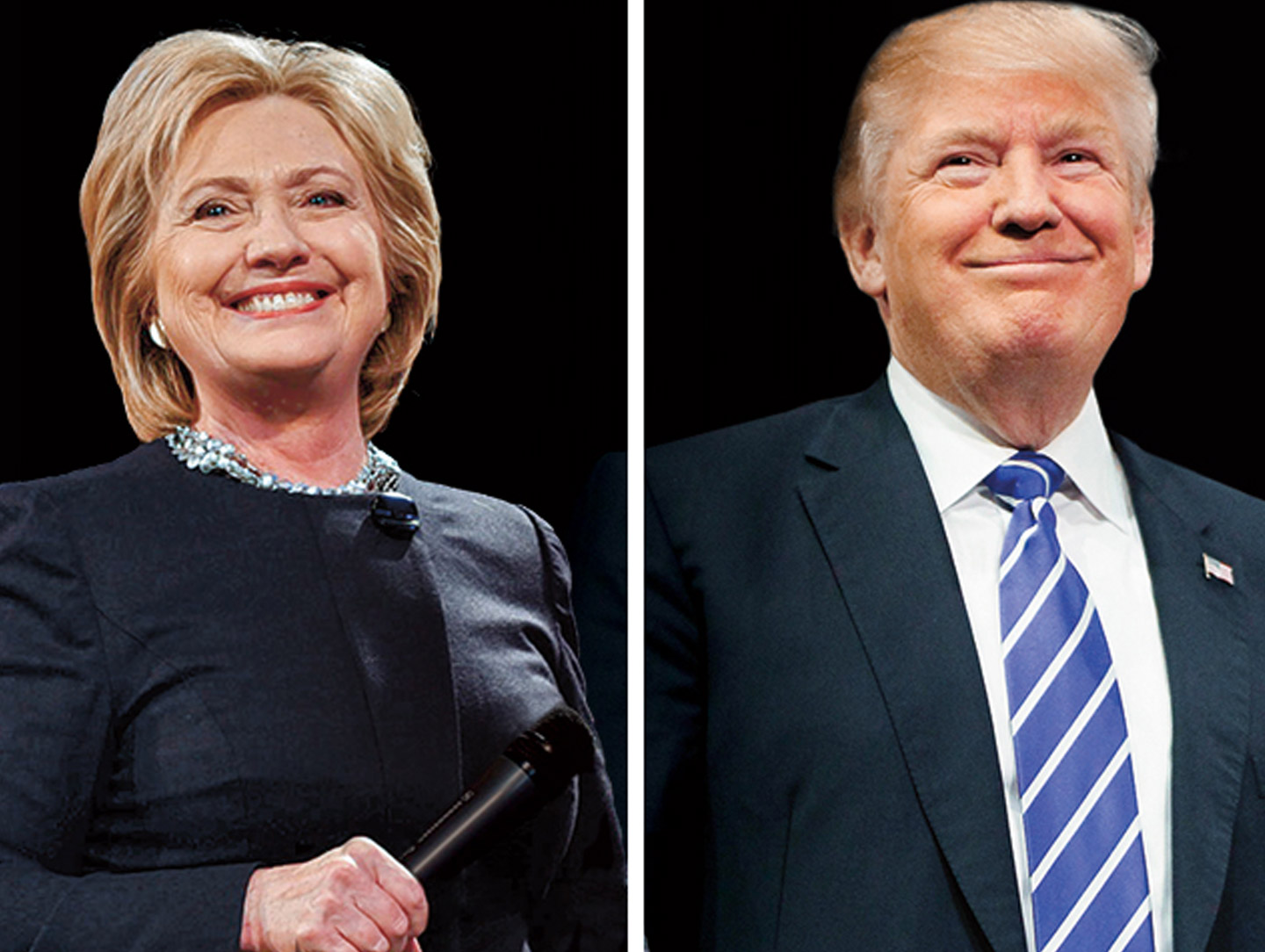Very little about the 2016 election has gone as expected.
Few thought Donald Trump, a billionaire real estate mogul and reality TV star with a penchant for insulting opponents and shocking the public, could defeat 17 other Republicans to win his party’s nomination.
And no one would have guessed that Democrat Hillary Clinton—a former first lady, senator, and secretary of state trying to become the nation’s first female president—would face a bruising primary fight against Bernie Sanders, a largely unknown senator and self-described socialist.
With Trump and Clinton now set to square off in November, the one thing pundits can say for sure is that many Americans are deeply frustrated with the status quo. Two-thirds of those surveyed in recent polls believe the nation is on the wrong track and 80 percent disapprove of the way Congress is doing its job.
The challenge for voters will be to look beyond the campaign’s circus-like atmosphere and weigh the candidates’ very different visions for the nation.
Very little about the 2016 election has gone as expected.
Few thought Donald Trump, a billionaire real estate mogul and reality TV star who has insulted opponents and shocked the public, could defeat 17 other Republicans to win his party’s nomination.
And no one would have guessed that Democrat Hillary Clinton, a former first lady, senator, and secretary of state trying to become the nation’s first female president, would face a bruising primary fight against Bernie Sanders, a largely unknown senator and self-described socialist.
Now, Trump and Clinton are set to square off in November. The one thing experts can say for sure is that many Americans are deeply frustrated with how things are going. Two-thirds of those surveyed in recent polls believe the nation is on the wrong track. And 80 percent disapprove of the way Congress is doing its job.
The challenge for voters will be to look beyond the campaign’s circus-like atmosphere. They’ll also have to weigh the candidates’ very different visions.

